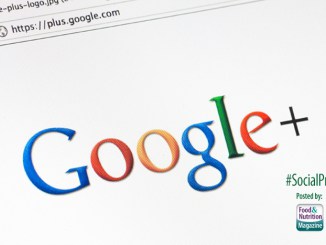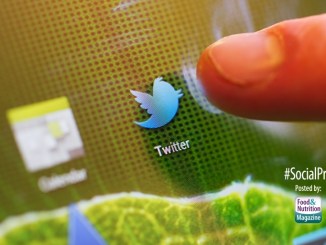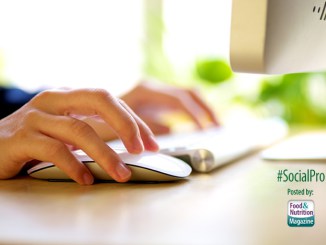
Now that you’ve created a Pinterest account and you’ve begun building creative boards by pinning original sources. Now let’s learn about “repinning” items you find on Pinterest itself. Repinning isn’t difficult, but there are some simple Do’s and Don’ts that can help prevent spam and maintain a positive Pinterest environment.
1. DO Know What You’re Repinning
Spammers and evil-doers rely on the trust and good intentions of the public, so don’t repin something unless you check it out first. Say you are on your Pinterest Home screen and you see that someone has pinned a photo of a delicious-looking spinach casserole with the description, “Recipes for baked garden casserole with parmesan sauce.” Looks good, sounds good, and it’s perfect for your “Vegetarian” board. Before you click that Repin button, FIRST find out where it goes. If it’s legit, you should end up on a website with the recipe for the casserole. If it’s spam, you’ll end up on some unrelated commercial site (or if it’s a prank, possibly somewhere naked, if you catch our drift). If it goes to Google or to the homepage of a website that looks like it could have your recipe on it somewhere, the pin was not properly pinned in the first place. Don’t repin it. Instead, take the time to look for the original source—then pin from there. And then send the first pinner a link to Food & Nutrition’s Good Pinning Guide.
2. DON’T Pilfer Other People’s Boards
The beauty of Pinterest is that it creates a community of members with similar interests and allows folks to express their individuality by curating boards. If you find someone who has a board that you admire or is filled with items that you enjoy, sure, repin a few! But don’t go through and repin everything—all that does is replicate their curation work (not cool) and make it look like you built the board yourself. And they’ll know it, too; all your repins will show up in their activity log. That said, there are some folks who won’t mind pilfering, namely the users whose pins are their own material. For example, if @ pins articles from FoodandNutritionMag.org, of course we want those pins repinned (and repinned and repinned) because it spreads our articles about nutrition and health. But Susie-the-Pinterest-user who has spent hours surfing the Net and scouring blogs and bookmarks to build her boards will probably not appreciate having someone repin every single one of her pins to their boards.
3. DO Return the Repin
When someone repins an item from your board, take a look at their profile and see what you have in common. Who knows? Maybe they have a board or two you’d like to follow. There is no hard-and-fast—or even unspoken—rule about this, but if they look legit, we think it’s just nice to repin something from a user who has repinned a few of your items. In addition to a friendly interaction with a follower, repinning also acknowledges that you have noticed them and that you appreciate the follow. (Hint: Repinning also can be a gentle but effective way to let someone who is pilfering your boards know that you know. If you sign into Pinterest and see that in the span of an hour, someone repinned 100 of your pins, repin a couple, or several, of their pins. Usually they’ll stop.)
4. DON’T Pretend You Were the Original Pinner
If an item was properly pinned in the first place, repin it. Don’t click on it, go to the website and pin from there as if you were introducing the pin for the first time. Repinning is sharing and spreading items, but it also gives kudos to the person who introduced it to you. Instead of pilfering by repinning (see tip 2), some clever users will pilfer boards by reintroducing your pins as their own. Is it against Pinterest Rules? No, but we think it’s rude—especially when they copy your carefully crafted description and pass it off as their own. So repin with respect and enjoy the interactions that it can foster!



